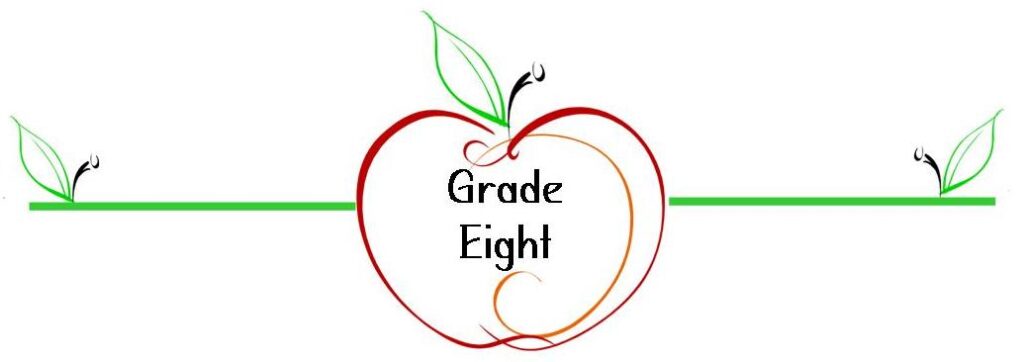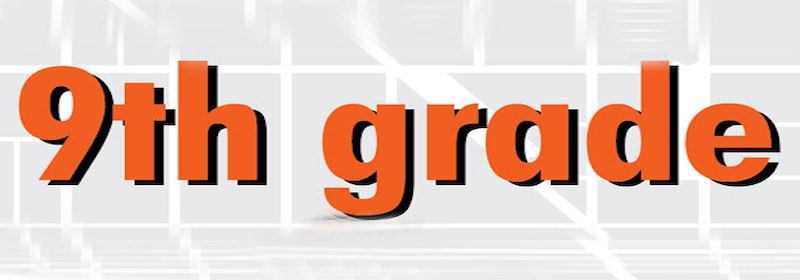
English is a key which unlocks study options travel convenience business relationships cultural understanding global perspectives

English has had a strange journey. It was once a simple tongue of the Anglo-Saxons, a small group of people in a small area of Europe now called England. It transitioned through three stages: Old English, Middle English, and Modern English. In this example of Old English from the epic poem, Beowulf, there are few people who can read more than “we” and “in”:
“Hwæt wē Gār-Dena in geārdagum” (We of the Spear-Danes in the days of yore)
Much has changed. It is now the global language for business, trade, and study, and English plays a role in the lives of people around the world. As a subject in Wahaha, English focuses on grammar, lexicon, literary analyses, history, culture, and creative writing dealing with character study, tone, main idea, and theme. It prepares students to engage English locally as well as study abroad.
The English Department is the hub for Wahaha MS Projects and contains some of our most ambitious ideas. All projects connect to English in some way whether it be as broad as full partnership or as simple as adding English text to ensure content is bilingual. Choose a grade to see what’s going on there!
Grade six is both a transition from primary school and the beginning of middle school, a challenging year for students as they adapt to the rigor of middle school academics and progress away from childhood towards adolescence. We have high standards in their projects and they engage in a variety of creative endeavors.
Seventh grade is fully middle school and students can feel a real difference in the difficulty of lessons and the amount of practice required to master so many new skills. As a result, they will grow considerably as both individuals and pupils. Projects take on new dimensions and now involve interdepartmental collaboration.
Eighth grade offers many new challenges for students as they delve deeper into identity and develop the ability to balance responsibilities and relationships. Grade eight projects move to a new level incorporating responsible use of AI and a fully-authored blog by the end of the year. You can find our 8th-grade blog here!
Grade 9 is the culmination of middle school and what has been an arduous journey. Students are in flux as some prepare to study abroad while others focus on Zhong Kao. To conclude their middle school life, students participate in the Senior Experience, an immersive whole-class project with many possibilities.




